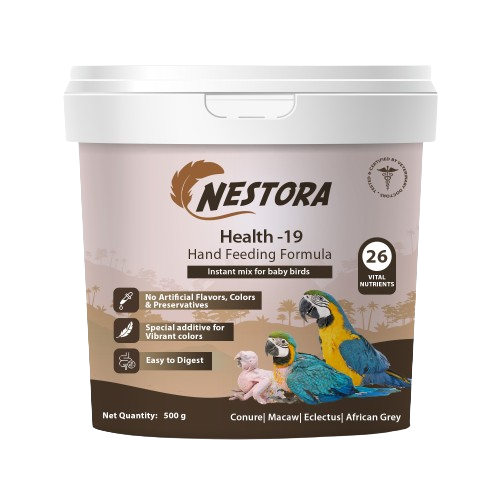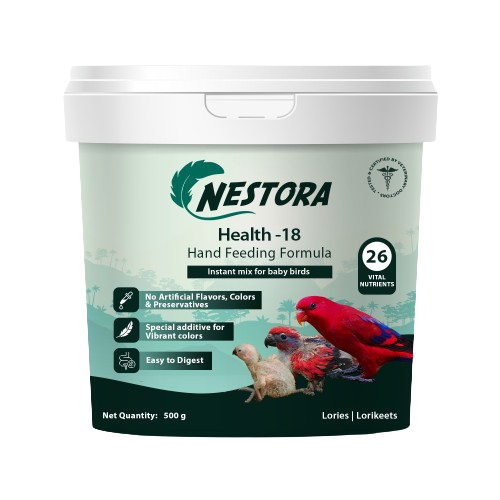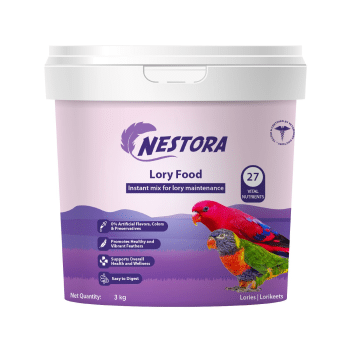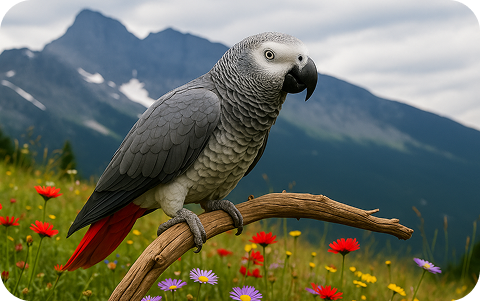-
Bird Health: Essential Tips to Keep Your Feathered Friends Happy
Birds are delicate, intelligent, and affectionate companions. Just like dogs and cats, they need proper care to stay healthy and active. Whether you own a parrot, finch, budgie, or lovebird, understanding bird health is crucial for their long and joyful life. A little attention to their diet, hygiene, and environment can prevent most health problems and keep them chirping happily every day.
Why Bird Health Matters
Healthy birds are more active, have bright eyes, smooth feathers, and a cheerful voice. Poor health, on the other hand, can make them weak, quiet, or stressed. Since birds often hide their illnesses (a natural survival instinct), it becomes even more important for owners to notice subtle changes and act early.
Common Signs of Poor Bird Health
Recognizing early warning signs can save your bird from major health issues. Look out for:
-
Loss of appetite or sudden weight change
-
Fluffed-up feathers for long periods
-
Unusual droppings (color, consistency, or smell)
-
Sneezing, coughing, or discharge from beak/eyes
-
Sitting at the bottom of the cage for long hours
-
Aggressive or overly quiet behavior
If you notice these signs, it’s best to consult a vet immediately.
Nutrition and Diet for Birds
A balanced diet is the foundation of good bird health. Avoid feeding only seeds, as it can cause nutritional deficiencies. Instead, include:
-
Pellets: Specially formulated for birds to provide essential vitamins and minerals
-
Fresh fruits: Apple, papaya, banana, pomegranate (avoid avocado and chocolate—they are toxic)
-
Vegetables: Spinach, carrots, bell peppers, beans
-
Occasional treats: Nuts and sprouts for energy
Always provide fresh, clean water daily.
Clean Environment for Healthy Birds
Birds are sensitive to their surroundings. A clean cage and hygienic environment prevent infections and stress.
-
Clean food and water bowls daily
-
Wash cage perches and toys regularly
-
Place the cage in a well-ventilated, safe area (away from smoke and strong perfumes)
-
Ensure enough space for flying or movement
Mental and Physical Well-being
Birds are intelligent and get bored easily. Boredom can lead to stress and feather plucking. To boost their mental and physical health:
-
Give toys like bells, swings, or wooden chewables
-
Allow supervised flying time outside the cage
-
Interact daily to build trust and happiness
-
Maintain a proper sleep cycle with 10–12 hours of quiet darkness at night
Preventive Care for Bird Health
Prevention is always better than cure. Follow these steps:
-
Regular vet visits at least once a year
-
Vaccinations (depending on the species)
-
Grooming care: Trim nails and beak when needed
-
Parasite control: Keep an eye out for mites or lice
Conclusion
Caring for bird health is not just about feeding—it’s about love, attention, and awareness. A happy bird will reward you with songs, affection, and companionship. By providing balanced food, a clean environment, and mental stimulation, you can ensure your feathered friend enjoys a long and healthy life.
FAQs
What is the best food for pet birds?
A mix of pellets, fresh fruits, and vegetables is best for balanced bird nutrition.How do I know if my bird is sick?
Look for changes in droppings, feather condition, appetite, or unusual behavior.How often should I clean my bird’s cage?
Daily cleaning of bowls and weekly cage cleaning keeps birds healthy and infection-free. -





